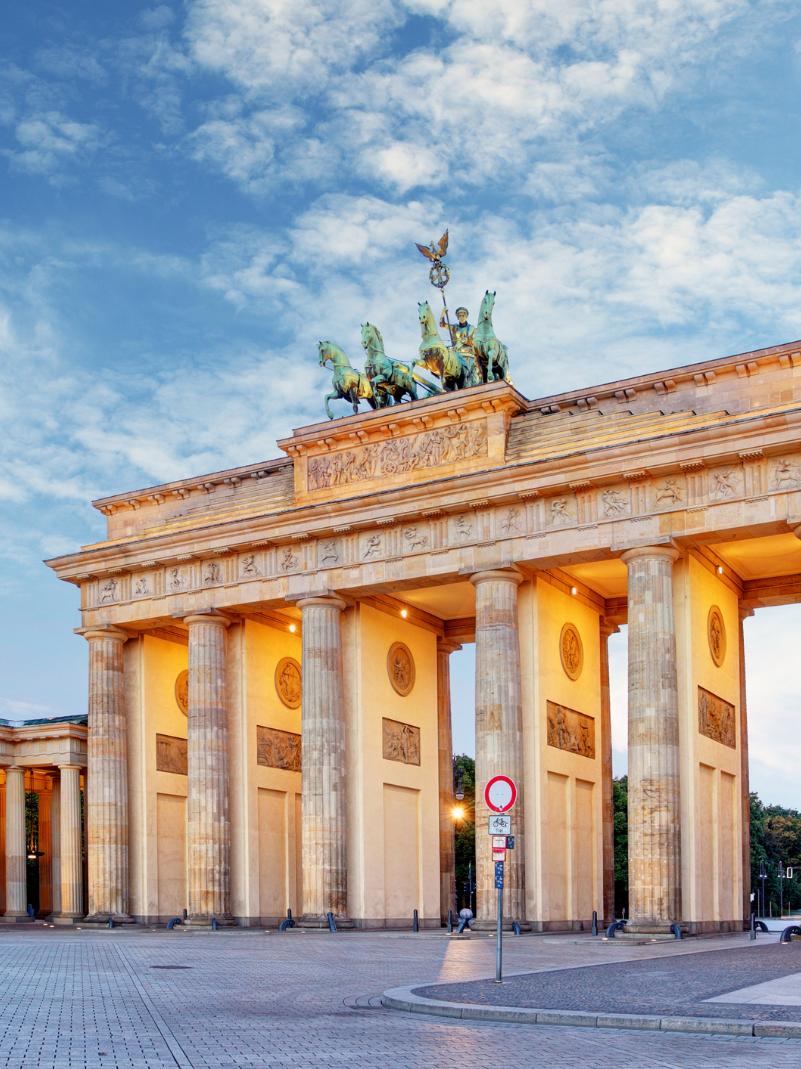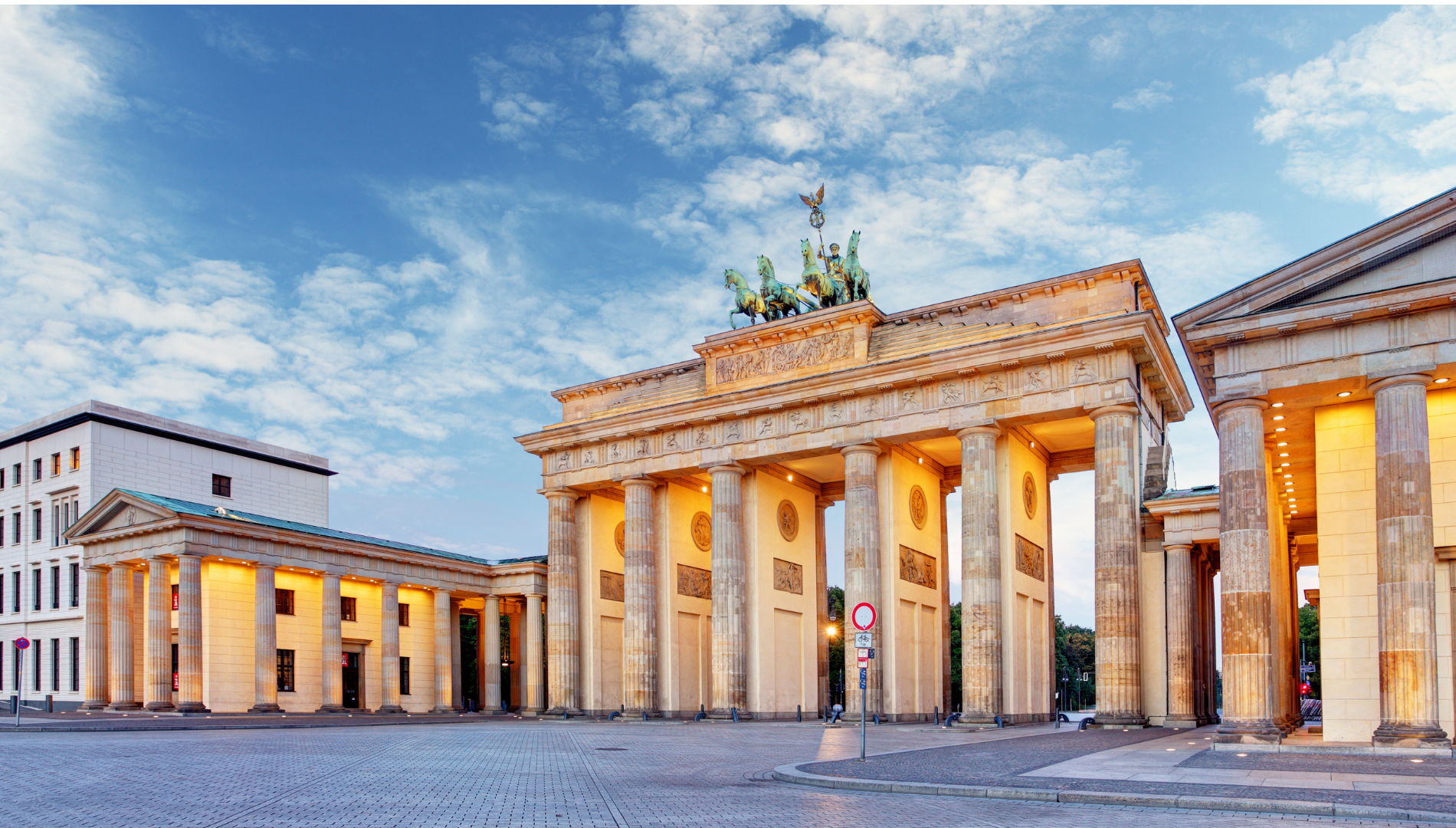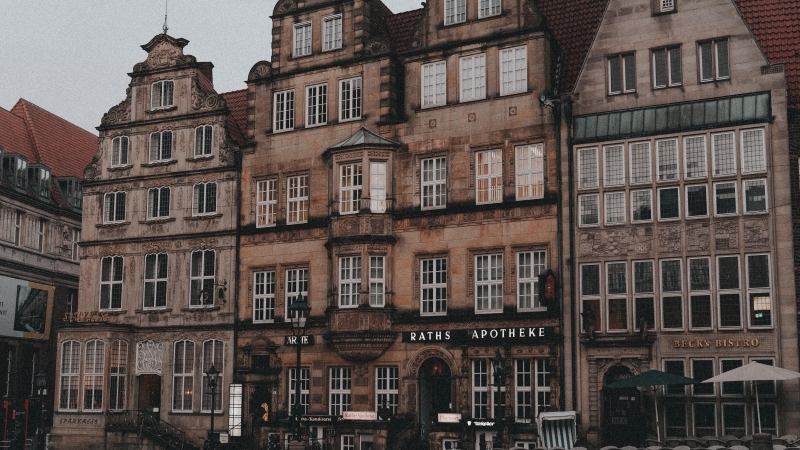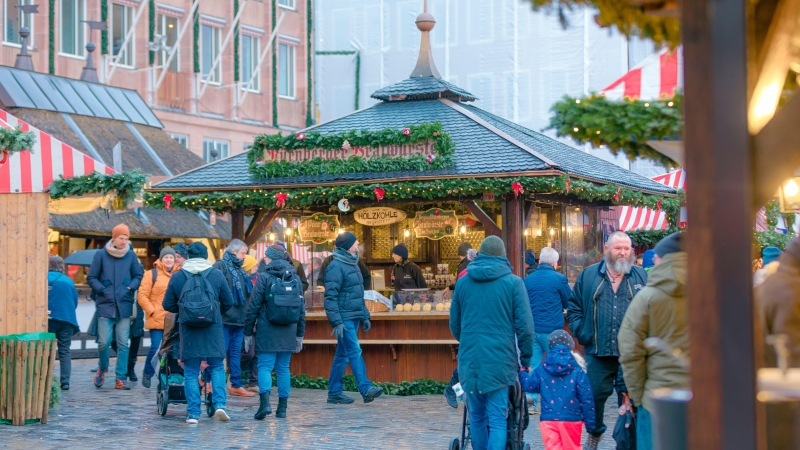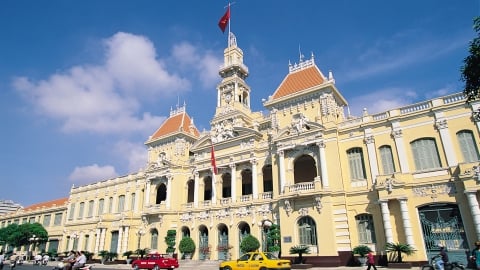According to forecasts by the Halle Institute for Economic Research (IWH), this sporting event could attract 650,000 foreign visitors to Germany, generating an estimated tourism revenue of 250 million EUR. This would be a huge source of income for the German economy, especially in the current context where many sectors are facing difficulties due to the impact of the COVID-19 pandemic.
This is an opportunity for Germany to increase its tourism; Euro 2024 will attract football fans from all over the world to Germany, providing a chance to boost tourism for the country.
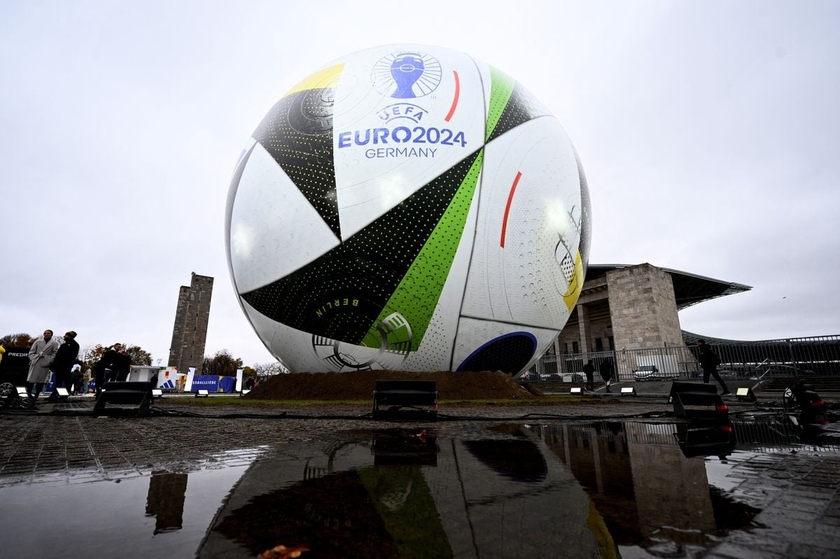
The German tourism industry is expecting a boom during Euro 2024.
According to estimates by the German National Tourism Agency, the number of international inbound tourists to Germany in 2024 will return to 2019 levels, creating a vibrant and exciting wave of tourism. In particular, city tours and cultural exploration trips will account for a large portion of the total number of visitors, demonstrating Germany's enduring appeal to global travelers.
In 2024, the German National Tourism Agency focused on showcasing the country as a "land of art and culture." This included promoting Germany's famous UNESCO World Heritage sites, such as Neuschwanstein Castle, Cologne Cathedral, and the historic town of Bamberg. Additionally, 2024 marked the 250th anniversary of the birth of the renowned painter Caspar David Friedrich, an icon of German Romantic art. Commemorative events and exhibitions about his life and work were held throughout the country, attracting the attention of art lovers.
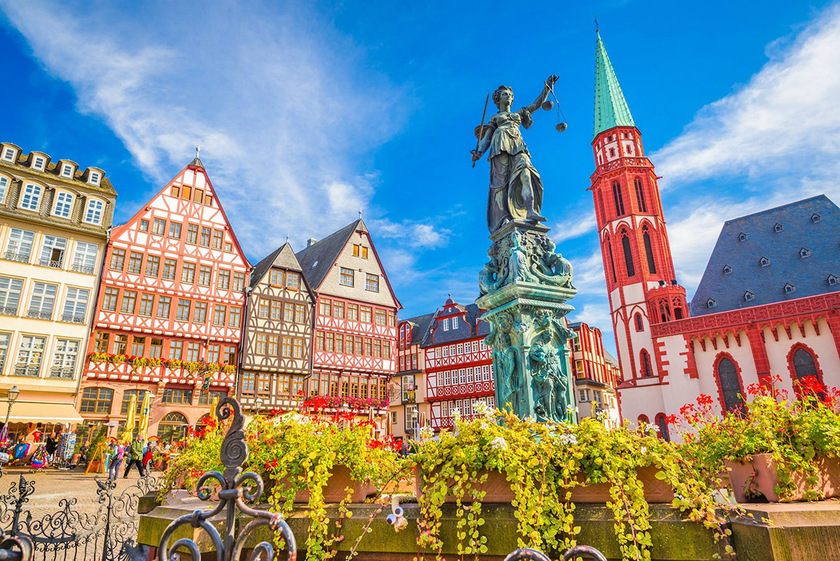
Many German cities are busy preparing for the country's major event.
Germany will also take the opportunity to promote the host cities of Euro 2024, not only through the football matches but also through cultural activities, festivals, and side events. This is a chance to showcase to the world the richness and diversity of German cities, from vibrant Berlin to historic Munich, from modern Hamburg to bustling Frankfurt.
In addition, Germany will be preparing for another important event: Chemnitz being named the European Capital of Culture in 2025. Preparations and promotional efforts for this event will begin in 2024, aiming to create momentum for an impressive year of culture the following year.
All these strategies and activities aim not only to restore but also to elevate Germany's position as a world-leading tourist destination, a melting pot of art, culture, and sport.

 VI
VI EN
EN



